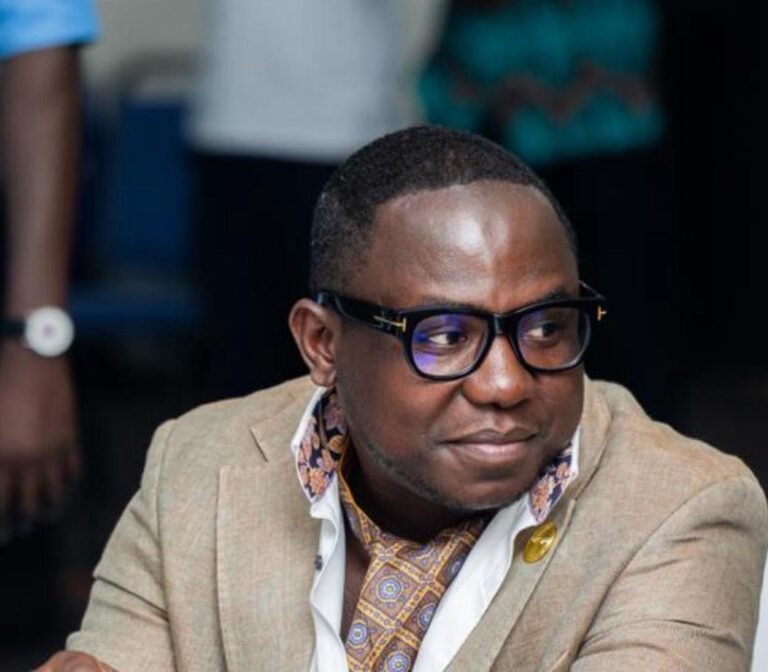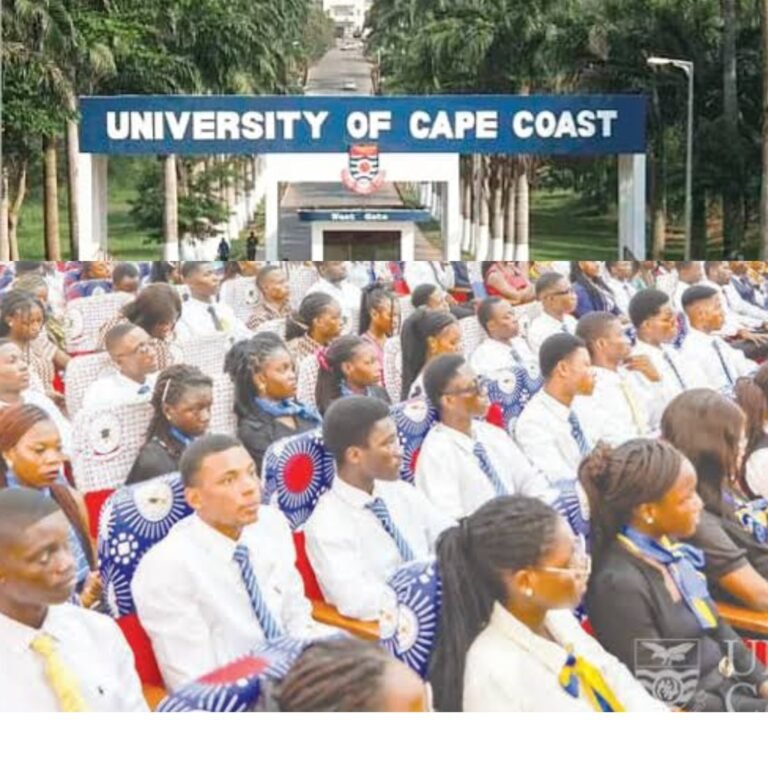
The writer
By Recheal Naa Amerley Owusu
Education is the cornerstone of socio-economic transformation, yet Ghana’s system remains entrenched in practices that fail to equip students with the critical thinking skills necessary for innovation and progress. The reliance on rote memorisation, where students are trained to reproduce what they are told during exams, has tamed cognitive development. While this approach may produce high grades, it does not prepare learners to confront real-world challenges or contribute meaningfully to national development.
Memorisation-based approach
For decades, Ghana’s education system has largely been characterized by a “chalk-and-talk” methodology. Teachers focus on dictating information for students to regurgitate during exams, with little emphasis on comprehension, analysis, or application. As a result, success is measured by how well students recall information, rather than their ability to solve problems or think critically.
This system, which rewards rote memorisation, creates a dangerous illusion of excellence. Students are often hailed as the best based on their ability to recite predefined answers, not for their capacity to think independently or creatively. Unfortunately, this model stifles intellectual curiosity and innovation, which are essential for addressing Ghana’s developmental challenges.
Paradigm shift
To transform Ghana into a hub of socio-economic progress, the country must adopt an education system that fosters critical thinking, creativity, and relevance. Access to education has improved significantly in recent years, with initiatives such as the Free Senior High School programme ensuring that more children receive an education. However, access alone is not enough; the quality and relevance of education must also be prioritized.
I believe that an effective education system should produce individuals who can: analyze complex problems and propose innovative solutions; adapt to changing technologies and global trends; contribute meaningfully to national development in diverse fields.
This calls for a deliberate effort to move away from rote learning and towards participatory, experiential, and inquiry-based learning models.
Role of STEAM
Science, Technology, Engineering, and Mathematics (STEM) education has been identified globally as a critical driver of innovation and economic growth. In Ghana, there is an urgent need to strengthen STEM education, but with an additional focus on the Arts, leading to a STEAM model.
The inclusion of Arts in STEM fosters creativity, a crucial element in developing solutions to real-world problems. The integration Of artistic thinking with technical skills produces well-rounded individuals who can think outside the box.
Unlike traditional subjects, STEM requires active participation. Students must engage in experiments, solve problems, and apply theoretical knowledge to practical scenarios. This approach inherently discourages rote learning.
The global economy is increasingly driven by technology and innovation. STEAM education equips students with the skills needed to compete in a rapidly changing world.
Addressing the challenges
Ghana’s curriculum must be redesigned to emphasize critical thinking, problem-solving, and creativity. Subjects should be taught in ways that encourage students to question, explore, and experiment. For instance, science lessons should involve hands-on experiments, while art and design courses should challenge students to create original works.
Teachers are central to the success of educational reforms. Training programs must equip educators with modern pedagogical techniques that emphasize active learning over rote teaching. Teachers should be facilitators of learning, guiding students to discover knowledge independently.
To effectively implement STEAM education, Ghana must invest in infrastructure, including well-equipped laboratories, workshops, and digital learning resources. These facilities provide the tools students need to engage in experiential learning.
Beyond the classroom, society must value and reward critical thinking and innovation. Public and private institutions should create opportunities for students to showcase their talents, such as science fairs, hackathons, and art exhibitions.
Way forward
Ghana cannot afford to maintain an education system that rewards memorisation at the expense of critical thinking. The challenges of the 21st century require a workforce that is innovative, adaptable, and capable of solving complex problems. By prioritizing STEAM education and fostering a culture of creativity and critical thinking, Ghana can unlock the potential of its youth and position itself as a leader in Africa’s socio-economic transformation.
Education is not just about passing exams; it is about preparing individuals to lead, innovate, and transform their communities. The time to act is now. By reimagining education, Ghana can create a future where its people are not only educated but empowered to drive meaningful change. Let’s keep our education on the right trajectory.
The writer holds a B.A. Degree in Communication Studies (Journalism) from the Ghana Institute of Journalism (GIJ), now the University of Media, Arts and Communication – Institute of Journalism (UniMAC-IJ).








